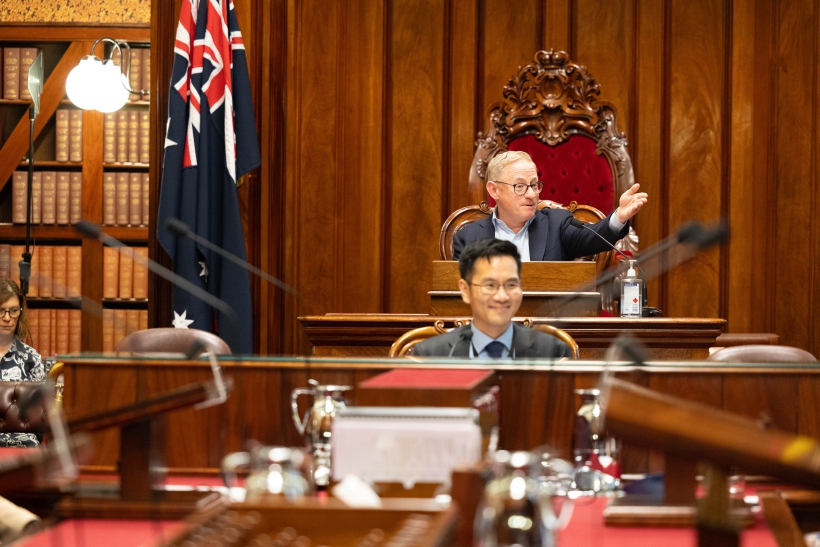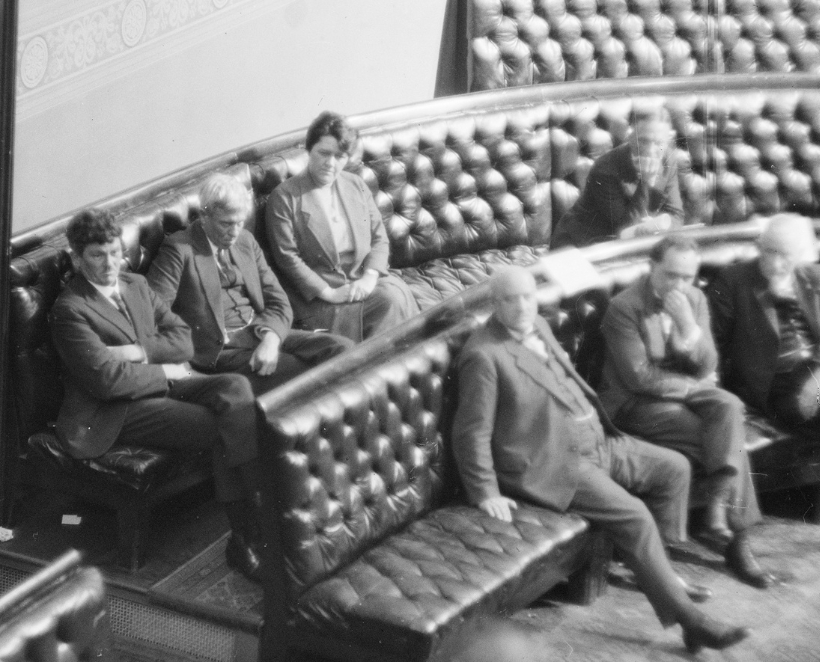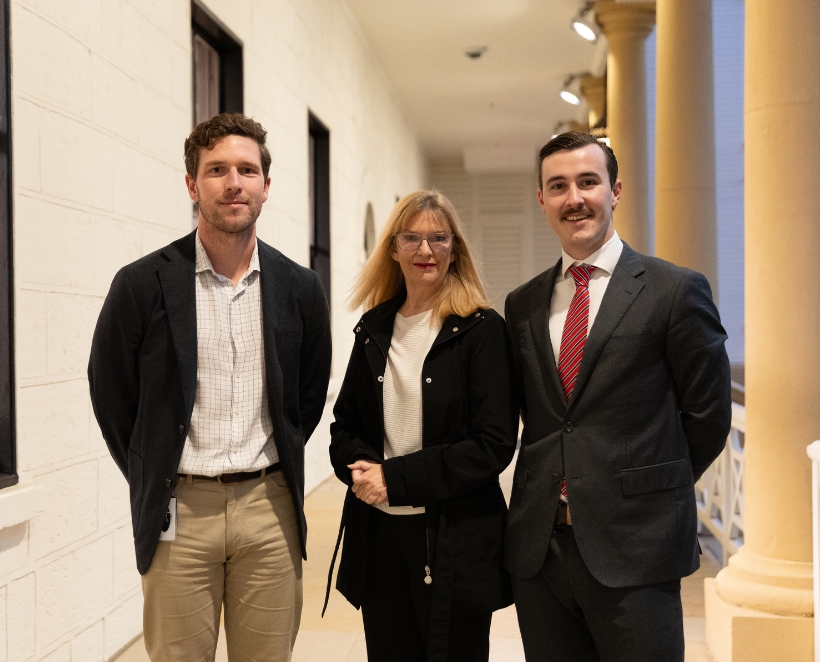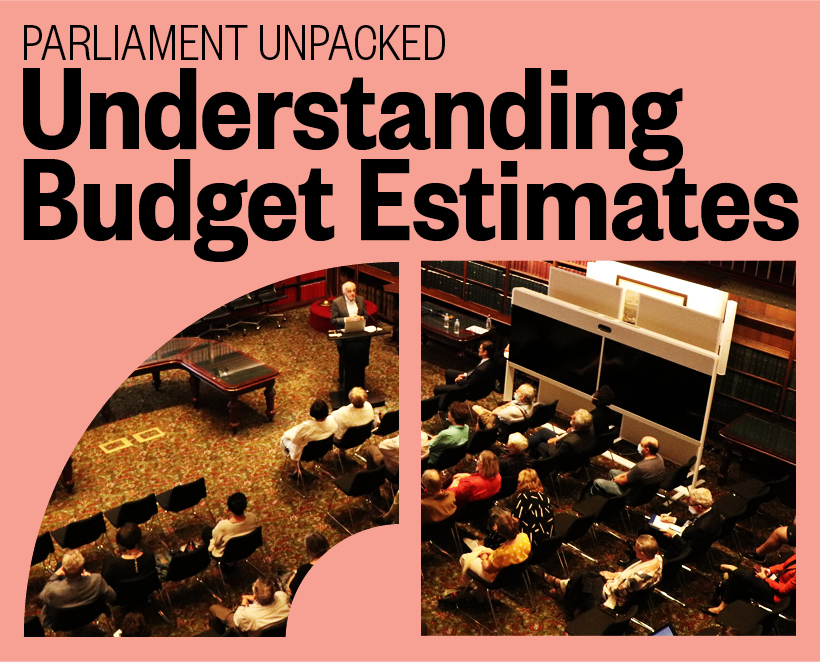
Thank you for joining us on 18 March 2024 to learn more about our Parliament’s committees.
Committees gather evidence by calling for submissions, talking to witnesses and conducting visits; before publishing its findings and recommendations. This means that committees are at the forefront of scrutinising the government and engaging with the public on behalf of the Parliament.
2024’s first Parliament Unpacked featured a panel of elected representatives who shared their experiences of working in Parliamentary Committees. It was also a unique opportunity to gain insight into the inner workings of our democracy.
We received so many great questions at our recent event that we ran out of time to answer them all on the day. We’ve compiled your questions and answered a few of the reoccurring ones in more detail here.
How do inquiries get started?
Inquiries begin when a committee receives or adopts the terms of reference for an inquiry referred by the House, legislation, or a minister. The committee can also be self-referred, but the possible source of referral varies from committee to committee (for example, not all committees can self-refer inquiries, or consider referrals from a minister). These terms of reference define the scope of the issues to be examined, and a committee is not authorised to investigate matters outside the scope, although the common inclusion of ‘any other matter’ provides flexibility.
You can find out more about what individual committees can do through the procedural publication pages of the Legislative Assembly and the Legislative Council.
How do I make a submission / How can I find out what committee activities are happening?
You can find information on the status of ongoing and completed inquiries on the NSW Parliament’s committees webpage. The Parliament also advertises for submissions and publicise committee activities through our website and social media accounts. You can also use the committees webpage to search for inquiries that are accepting submissions or lodge online. Please see the Engaging with Committees page on our website for more information.
What are the differences between a royal commission and a committee?
Under our Parliament’s committee system, a group of members are appointed by the Houses to investigate a specific matter in detail. Committees are an extension of the Parliament and undertake work on its behalf. This in turn means that committees are part and parcel of our Parliament’s work.
Royal Commissions, on the other hand, are a tool for the executive Government to inquire into specific matters. Royal Commissions are established by the Governor of NSW, on advice of the NSW Government; or by the Governor-General at the federal level. Royal commissions are only set up in rare and exceptional circumstances and are led by a commissioner or commissioners who are appointed to the role.
How long does an inquiry take?
The timeline for inquiries can vary greatly. Depending on the situation, inquiries can be as short as a couple of weeks or take a year or more to complete.
What did members of Parliament do before joining the Parliament of NSW?
We received a couple of questions about the backgrounds of our panel members before they became members of the NSW Parliament. Our website is a quick and simple way to find information on all members of the NSW Parliament, including their background and qualifications.



